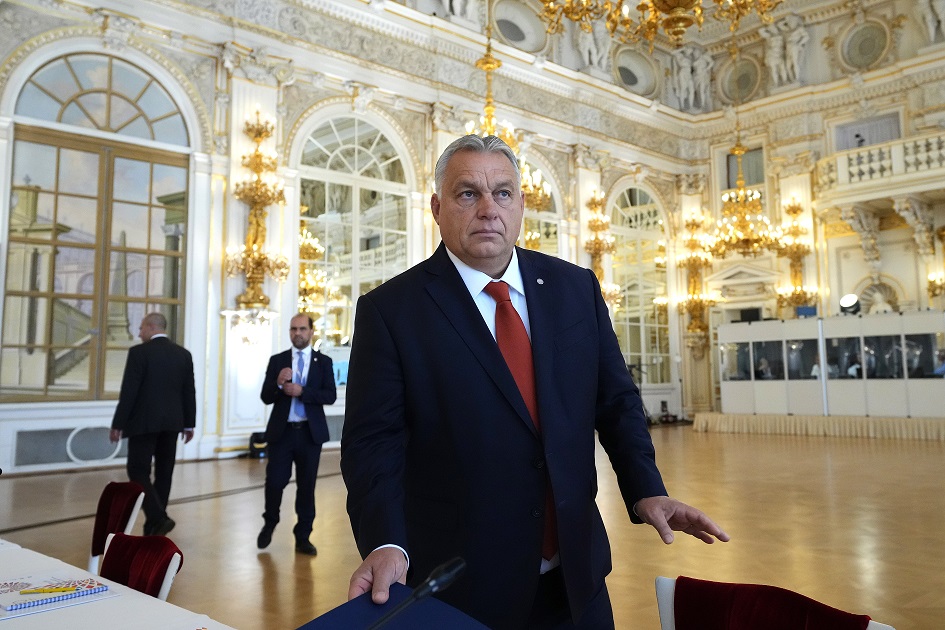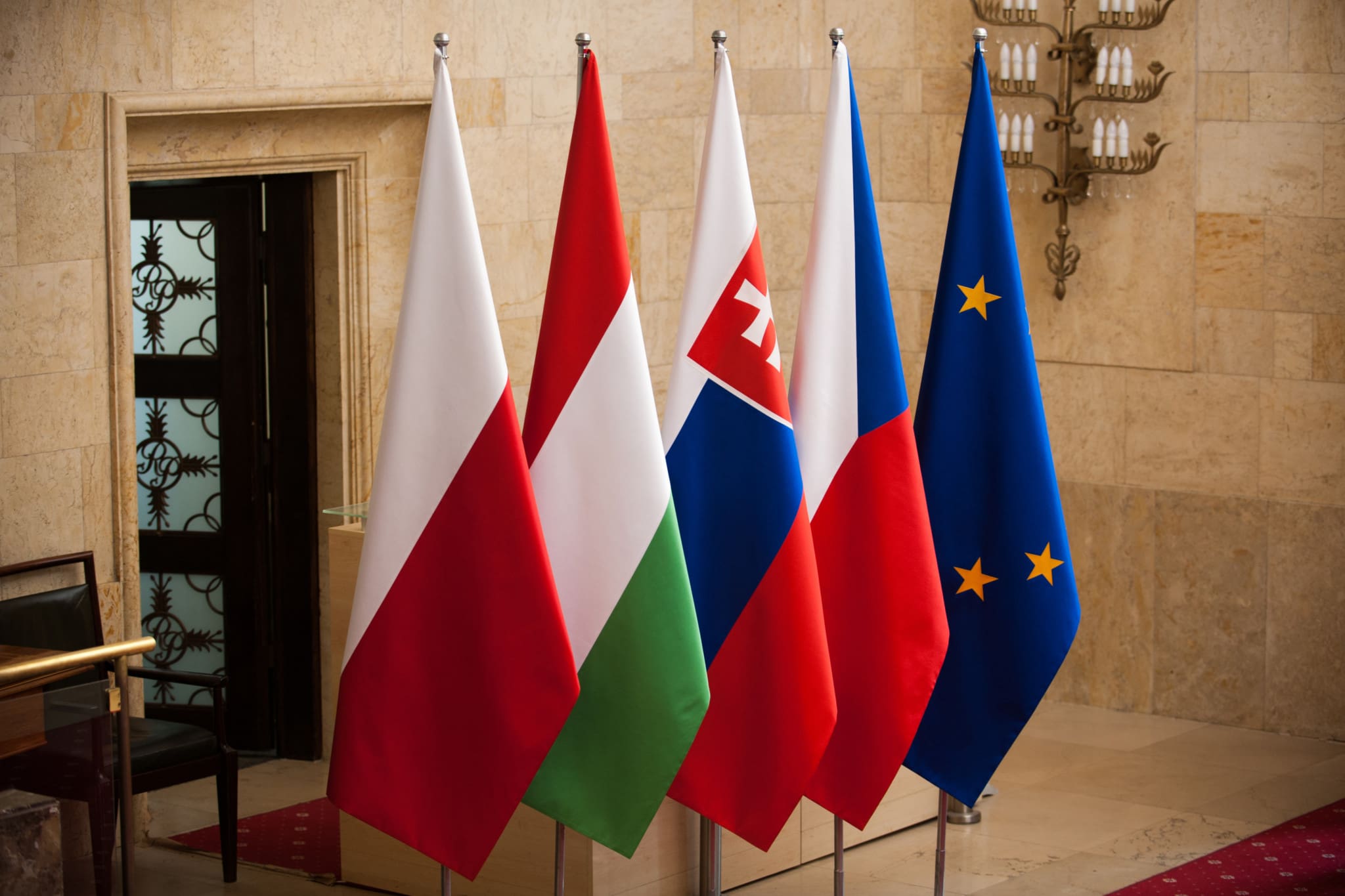In another sign that the Visegrád Four alliance has undergone a major ideological break, one of Czechia’s top news portals, iDNES.cz, has run a piece slamming Hungary’s opposition to a higher corporate tax rate in the European Union. The author, Helena Truchlá, claims it is another example of how countries like France and the Netherlands are closer allies of Czechia than Hungary.
“Giant companies should pay fair taxes, the states of the European Union agree. Czechia would also receive more money in the state budget, but the agreement is being blocked by our alleged ally, Hungary. The data shows that this is not unique: In the EU, we more often agree with countries other than Hungary and Poland,” she writes.

Czech media is highly critical of Hungary, including even conservative commentators who back the government of Petr Fiala, who has signaled a distancing from Hungary since he came to power and defeated former Prime Minister Andrej Babiš, a close ally of Hungarian Prime Minister Viktor Orbán.
The corporate tax rate would be set at 15 percent for all businesses earning more than €750 million a year, and it could help curtail some of the power of mega corporations who freely move their headquarters across Europe to avoid higher rates.
[pp id=45346]
Hungary, for its part, has outlined some of the reasons why it rejects a mandated tax rate. Erik Bánki (Fidesz), chairman of the economic committee in the Hungarian parliament, said that in Hungary, the corporate tax burden is 9 percent, so the global minimum tax would nearly double that. According to ánki, Hungary’s low rate helps keep the nation competitive and attract investments to Hungary.
In contrast, the Czech commentator says that Czechia will benefit from a standardized tax rate that would bring billions to the budget of the Czech Republic, “But Hungary is blocking the agreement. When the finance ministers were supposed to vote on the agreement in June this year, Hungary said no at the last minute. It would reportedly hit the economy and employment there hard. At the same time, Budapest would also receive income from the new, more careful tax collection,” writes Truchlá.
[pp id=35408]
She argues that Hungary is blocking the agreement for a different reason than the one being provided, saying that Hungary is attempting to negotiate the release of billions in EU funding, which Brussels has withheld from the country. She says that Poland is facing the same situation and only endorsed the tax rate increase “with gritted teeth.”
“For Czechia, this was another case when other alliances, for example, with the French or the Dutch, were more compatible with our interests on European soil than the famous Visegrád Pact,” she writes. “Andrej Babiš, Miloš Zeman, and the politicians of the SPOLU government coalition often talk about shared interests with the V4 countries — Slovakia, Hungary, and Poland — and like to talk about them. Also, roughly two-thirds of Czechs see the main benefit of the Visegrád Four precisely in their ability to form a joint position during EU negotiations. But the reality is different.”
She states that Czechs agreed much less with Poland and Hungary for “crucial votes” between 2009 and 2019 than with other countries, pointing to France and Finland regarding nuclear energy or the tiny nation of Luxembourg “in other matters.”
She says that out of the entire Visegrád Four, the “Czechs are really close only to the Slovaks. Visegrád also works only in exceptional cases, for example, when it comes to the question of how to improve transport at the European level.”
Truchlá also cites other political experts in Czechia, such as Vít Dostál, executive director of the Association for International Affairs, who said, “In the Czech Republic, in connection with the so-called migration crisis of 2015, the idea of Visegrád as a solid bond gained ground. It contributed to the fact that some politicians fell in love with V4. But as is the case in life, they fell in love with their idea of the V4 rather than its actual reality. And in times of trials, for example, during the reaction to Russian aggression against Ukraine, there was a sobering up.”
However, Dostál also said that the V4 cooperation still has its benefits, even if the Czechs have moved away from Hungary and Poland.
“On the other hand, we will never run away from Central Europe, so it’s nice to know what our neighbors think. We don’t have to agree on everything, and in such cases, we should also tell them so. Canceling V4 completely would be a mistake,” said Dostál.






